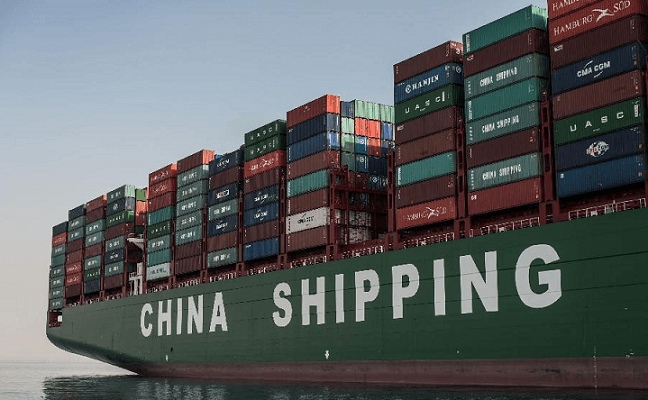Wigmore Trading – The Largest Online Store for Steel and Building Materials in Kenya
Wigmore Trading – The Largest Online Store for Steel and Building Materials in Kenya
Today, there are so many online stores selling steel and other building materials in Kenya. With so much competition, how can we stand out? How do we make our store stand out? How do we get more customers and keep them coming back again? These are the questions that every business owner needs to ask themselves if they want their business to thrive and grow. In this blog post, we’ll share with you insights from the world’s top e-commerce experts on why Wigmore Trading thrived as an e-commerce business and what steps you need to take if you have a bricks-and-mortar business that wants to transition into e-commerce.
Build a brand that customers love and trust
Before you even start to think about your online store, you need to build a brand that people love and trust. Building an online brand without a strong foundation of trust and loyalty is like building a house of cards. The first gust of wind will topple it. A strong online brand is built on the following foundations: – Defining your brand promise – A brand promise is a statement that clearly communicates the value of your brand. The Three things that your brand promise should do is excite your customers, inspire them to take action, and build trust. – Building a visual brand – The visual brand includes the colours and graphics that represent your brand. It’s also the font type, tone of voice, and the topics you write about on your website. A visual brand is critical for building trust. – Developing a strong customer service culture – Customers today have higher expectations than ever before. They’re also more empowered and have more options than ever before. You must build a culture of customer service excellence. – Defining your target audience – The best way to define your target audience is to know your customer. You should know their demographics, psychographics, and their motivations.
Start with the customer experience from day one
Once you’ve built a brand that people love and trust, you should start with the customer experience from day one. It’s vital that you start by understanding your customer’s needs, concerns, and expectations. In order to do that, you should collect information about your customers. Some of the data you should collect is – – Customer demographics – Where do your customers live? How old are they? What are their income levels? What is their occupation? – Customer psychographics – What are your customers’ attitudes? What are their interests? What drives them? What are their passions? – Customer behaviour – What is your customers’ purchase decision journey? How do they make a purchase decision? What are their objections? What are their pain points? Once you have this data, you can then use it to identify and create customer personas that help you understand your customers and their needs. After that, you should put yourself in your customers’ shoes and always ask yourself how you can improve the customer experience.
Leverage omni-channel capabilities
With the rise of online-only retailers and the decline of the store-based retail model, more and more customers are shopping online. – At the same time, bricks-and-mortar businesses are seeing their profits decline as more customers are shopping online. This is because customers are looking for a single, seamless experience that is convenient. – That’s why more and more bricks-and-mortar businesses are leveraging omni-channel capabilities to create an integrated shopping experience for customers. – The key to leveraging omni-channel capabilities is to offer your customers a seamless experience regardless of how they’re shopping.
Offer competitive prices
Customers shop online because they want to save time. If your online store has higher prices than your competitors, customers will simply shop elsewhere. – If your prices aren’t competitive, you should consider re-evaluating your business model. After all, there’s no use in trying to create a profitable business if you’re not selling any products. – Most e-commerce stores source their products from third-party suppliers. You should try to negotiate lower prices from your suppliers. – After that, you should try to find ways to reduce your shipping costs. You can do this by leveraging omni-channel capabilities and increasing your sales volume. – You should also consider investing in logistics automation. This can help you reduce your shipping costs and improve the customer experience.
Provide value-added services
Another way to set your online store apart from the competition is by providing value-added services. These are services that go beyond the core product or service that your store offers. – They are added benefits that create an impression in the customer’s mind about how much you care about meeting their needs and providing them with a great experience. – Examples of value-added services include free shipping, gift wrapping, and expedited shipping.
Wrapping up
Wigmore Trading thrived as an e-commerce business because they built a brand that people loved and trusted, they started with the customer experience from day one, they leveraged omni-channel capabilities, they offered competitive prices, and they provided value-added services.








LEAVE A COMMENT
You must be logged in to post a comment.